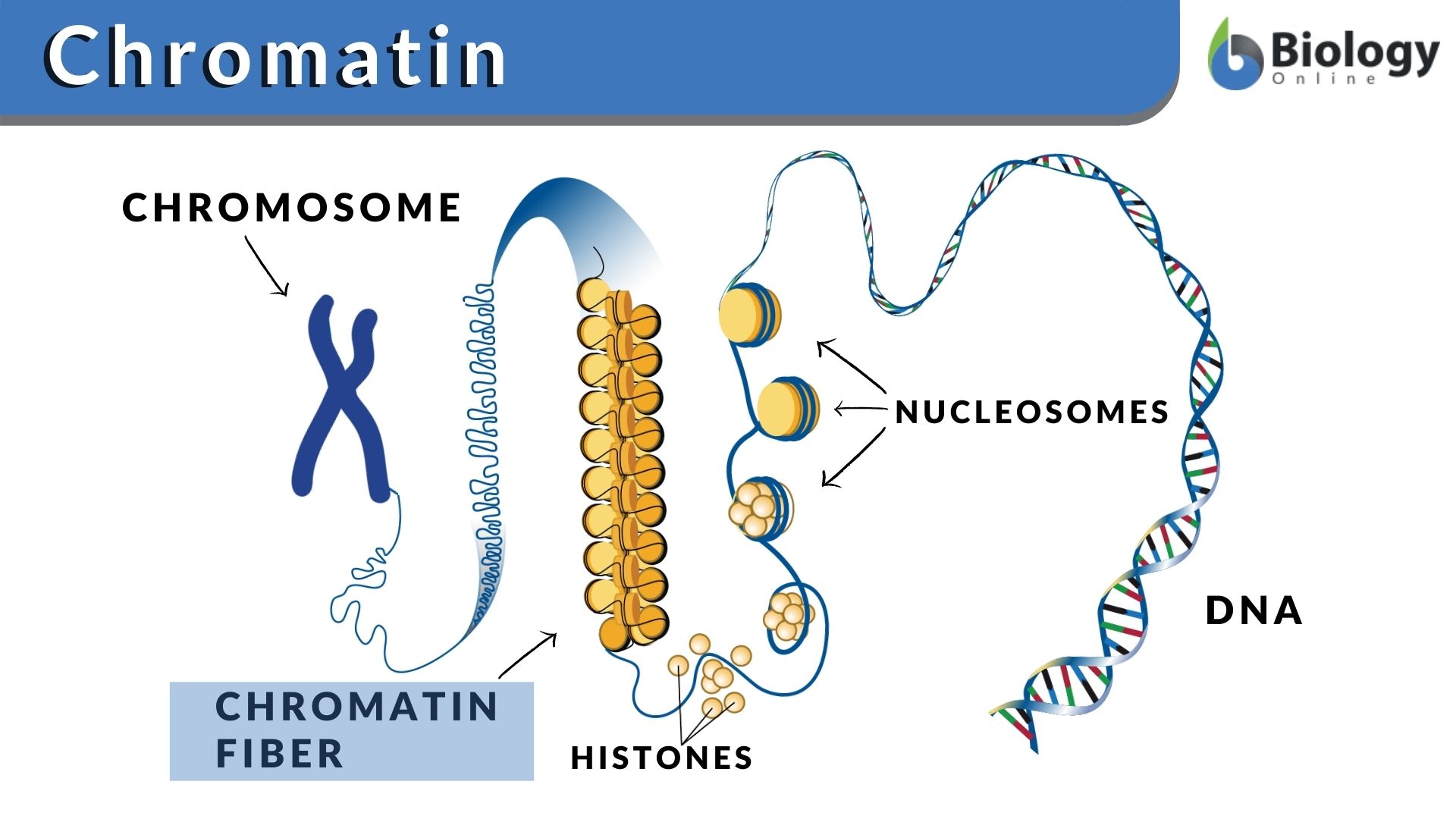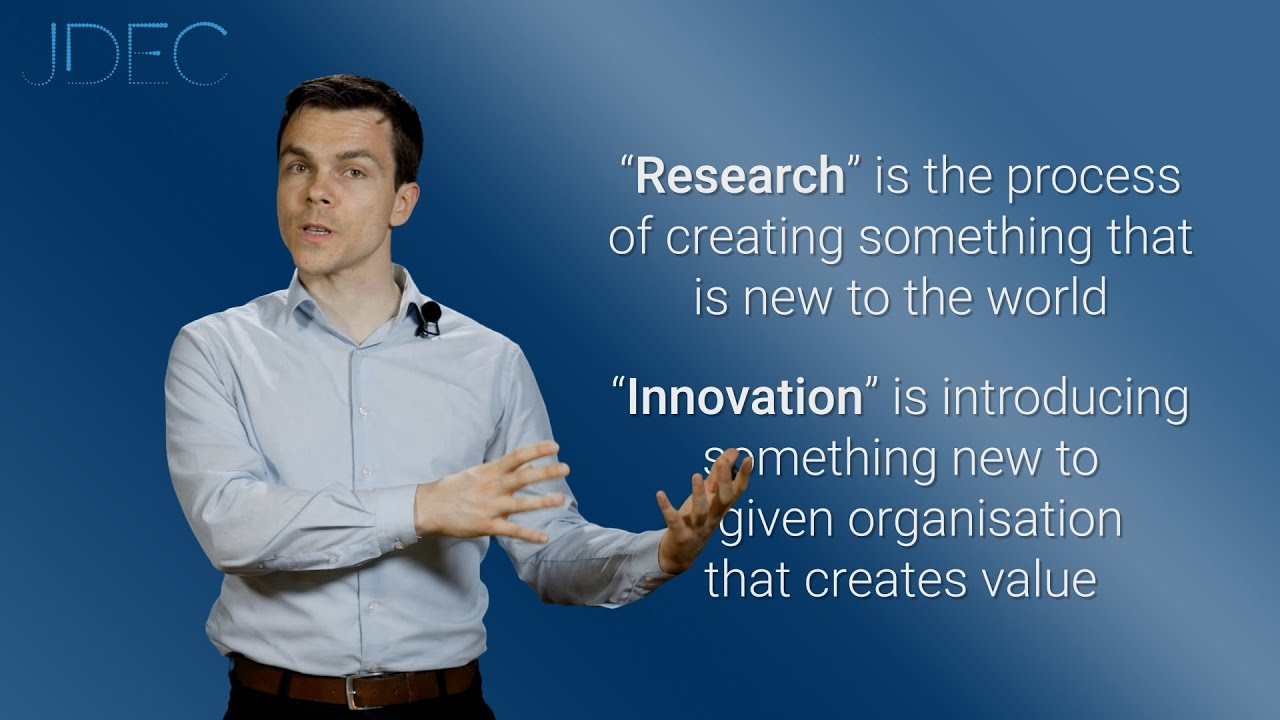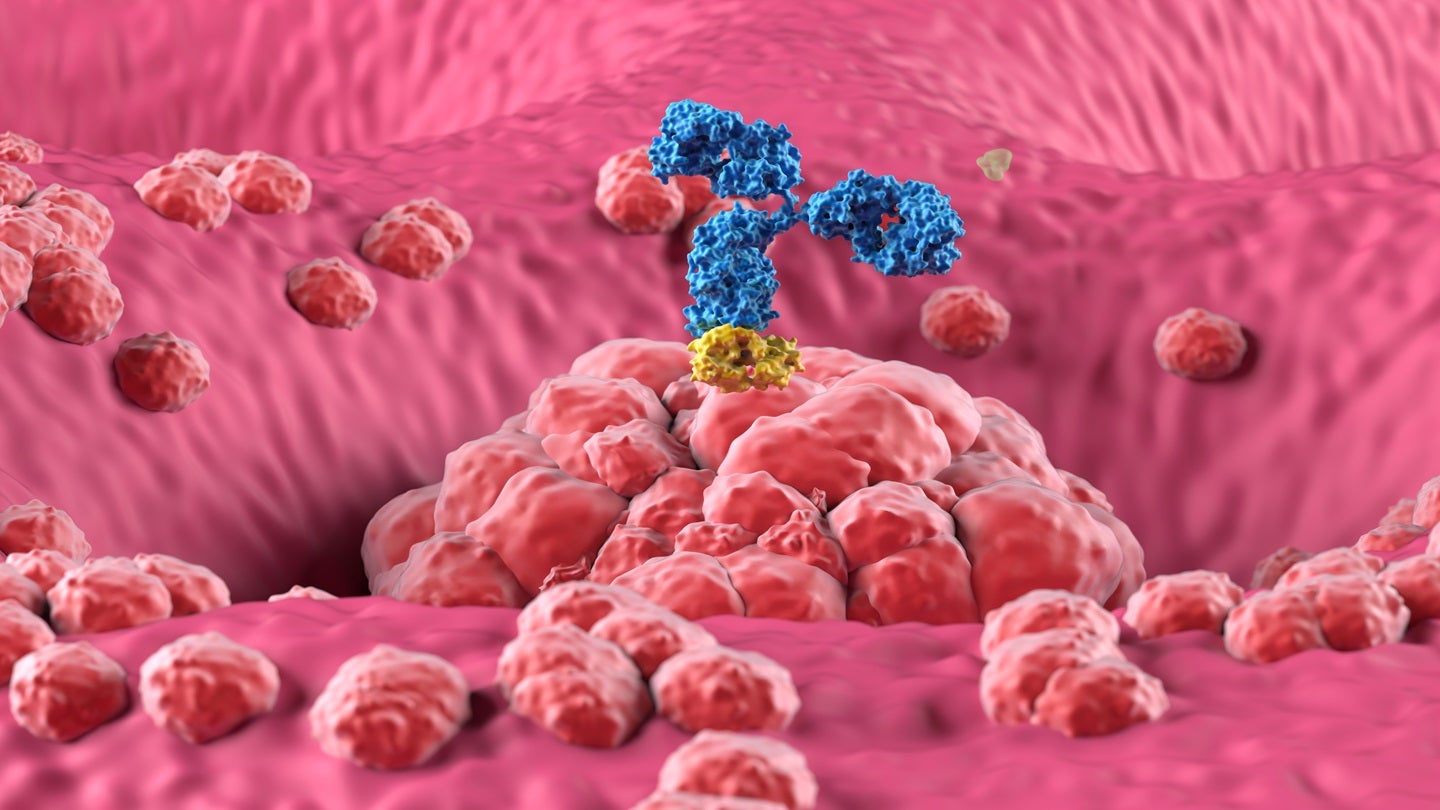
Unlocking the Secrets of Gene Regulation: A New Era in Epigenome Editing
Recent advancements in genetic research have ushered in a groundbreaking technique that could redefine our understanding of gene regulation and epigenetics. Researchers at EMBL Rome have developed an innovative epigenome editing platform utilizing CRISPR technology, enabling precise programming of epigenetic modifications across the genome. This development is not just a step forward for genetic research but could have profound implications for precision medicine and disease treatment.
What is Epigenomics?
Epigenomics involves the study of the complete set of epigenetic modifications within an organism’s genome. These chemical alterations do not change the DNA sequence itself, but instead, they influence how genes are expressed. Chromatin, the structure formed by DNA wrapped around proteins, plays a pivotal role in this process. As noted in many scientific studies, modifications to chromatin structure can directly affect gene accessibility to transcription factors, ultimately determining gene activity levels.
Exploring the complexities of gene regulation.
The New Epigenome Editing Platform
The newly developed platform enables scientists to apply epigenetic modifications with unmatched precision. By accurately targeting nine biologically significant chromatin marks, researchers can explore the impact of these modifications on transcription—the process through which genes are copied into mRNA, leading to protein synthesis. This approach allows for a detailed understanding of how chromatin modifications contribute to regulatory networks governing gene expression.
Unexpected Discoveries in Gene Expression
Initial findings from the Hackett Group have unveiled surprising insights into gene regulation mechanisms. Among the most noteworthy discoveries is the role of the chromatin mark H3K4me3. Long believed to be merely a byproduct of gene transcription, recent studies indicate that H3K4me3 might actively enhance transcription when added to specific DNA regions. Cristina Policarpi, a postdoctoral researcher and lead scientist on the study, reflects on this finding:
“This was an extremely exciting and unexpected result that went against all our expectations.”
Implications for Precision Medicine
The implications of this research extend far beyond academia. As scientists further refine this platform, the potential applications for precision medicine grow increasingly apparent. By tailoring epigenetic modifications to fit individual patient profiles, there is immense promise for developing targeted therapies that regulate gene activity more effectively. This prospect could revolutionize how we approach treatment for a variety of diseases, from cancers to genetic disorders.
 Understanding chromatin’s essential role in gene regulation.
Understanding chromatin’s essential role in gene regulation.
The Road Ahead: Leveraging Technology for Research
Currently, the Hackett Group is actively pursuing avenues to apply this technology within a promising startup venture. The immediate next steps involve validating their findings across different cell types and at a larger scale. Moreover, the relationships between chromatin modifications and gene regulation mechanisms await elucidation.
Jamie Hackett, Group Leader at EMBL Rome, expressed optimism about the future of this research:
“Our modular epigenetic editing toolkit constitutes a new experimental approach to dissect the reciprocal relationships between the genome and epigenome.”
Conclusion: A New Frontier in Genetic Research
As research progresses, the ability to program gene expression with high adaptability represents a monumental leap in genetic science. Not only does this technique illuminate the complexities of gene regulation, but it also opens doors for future medical advancements. Understanding how chromatin modifications influence transcription could significantly impact developmental biology and therapeutic strategies in human disease management.
The pursuit of knowledge in genetics continues to thrive, aiming to unravel life’s complexities one chromatin mark at a time. As we stand on the cusp of these scientific breakthroughs, the future of medicine could very well hinge on our understanding of the intricate dance between our genome and epigenome.
 Advancements in genetic research hold promise for the future of medicine.
Advancements in genetic research hold promise for the future of medicine.















